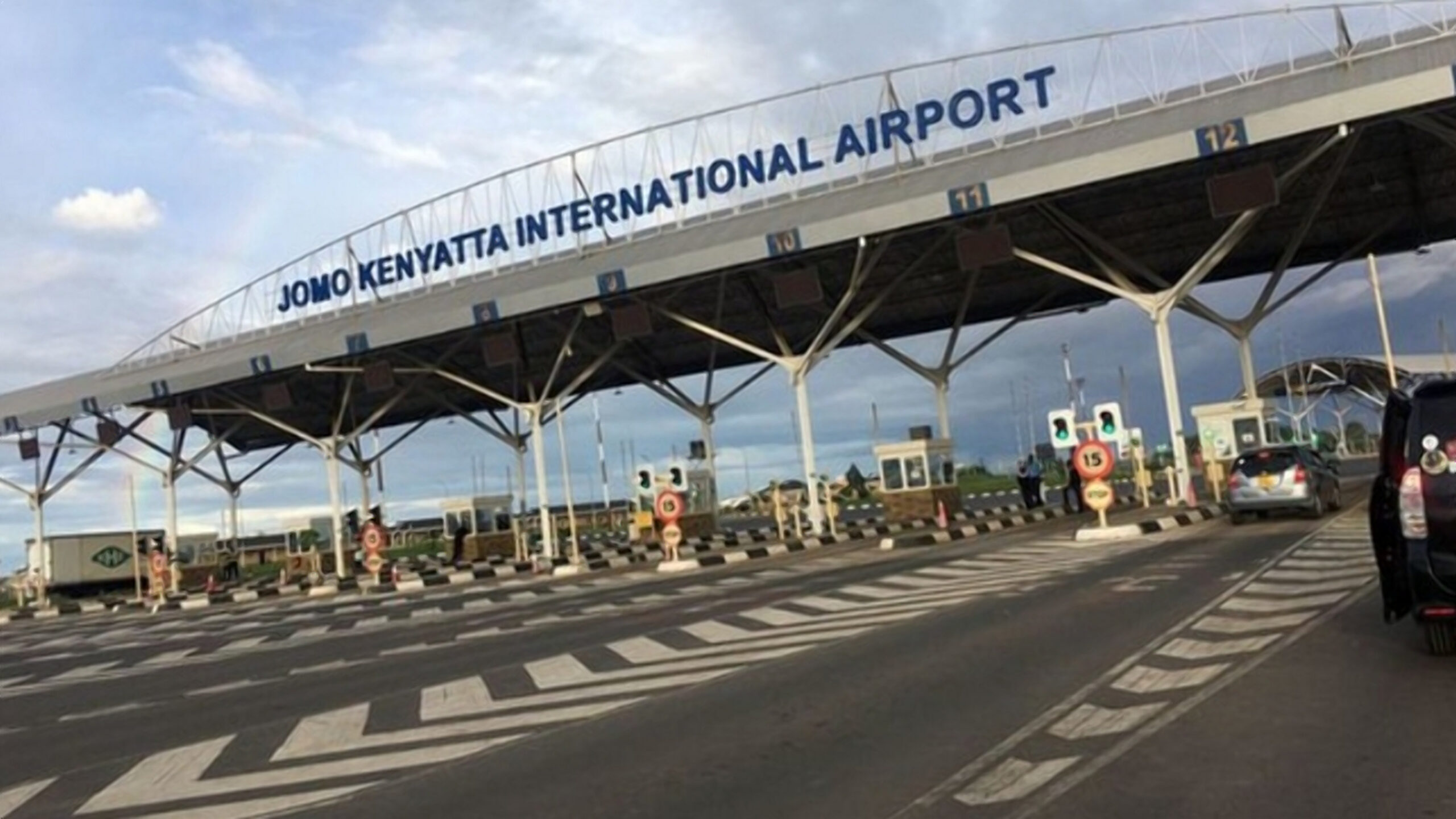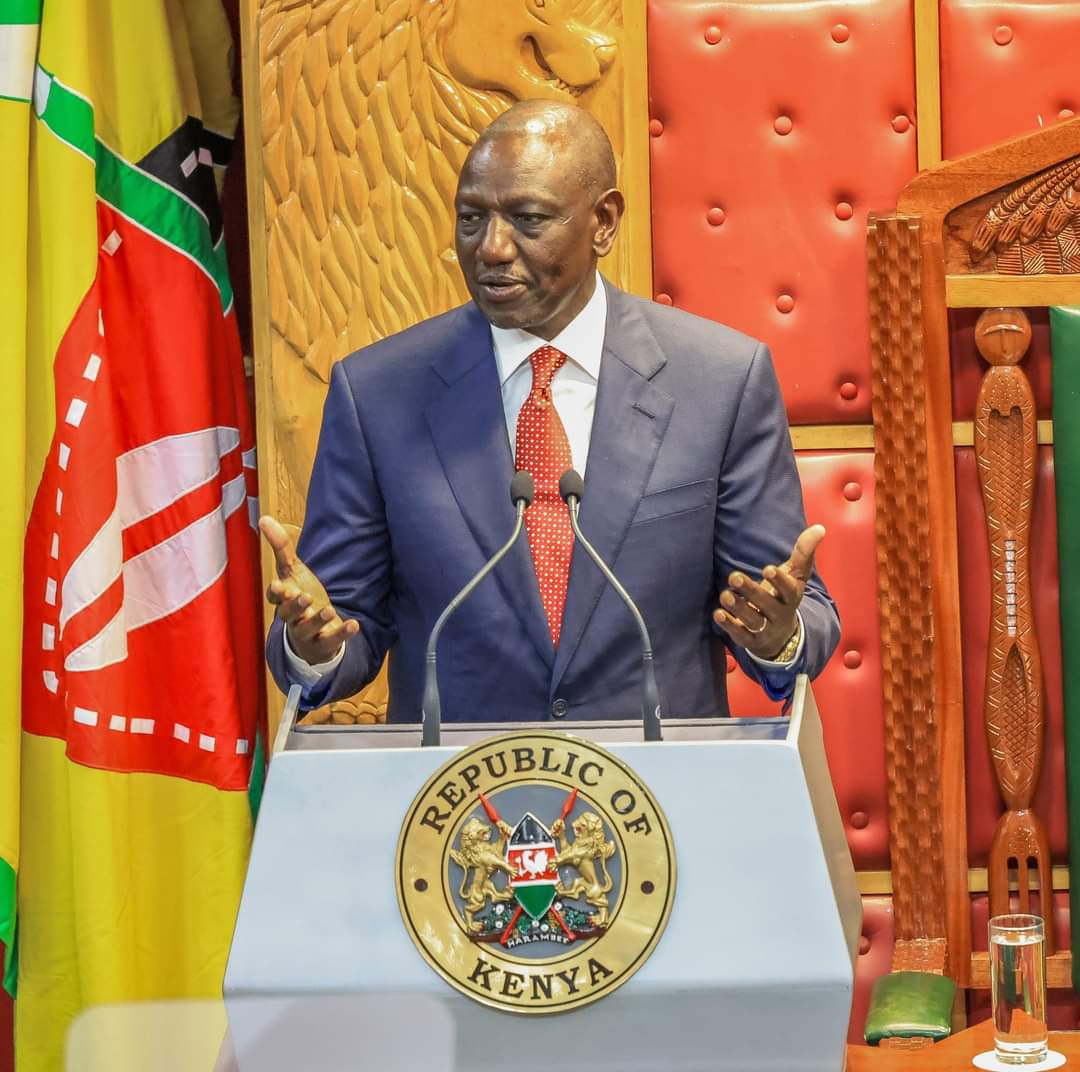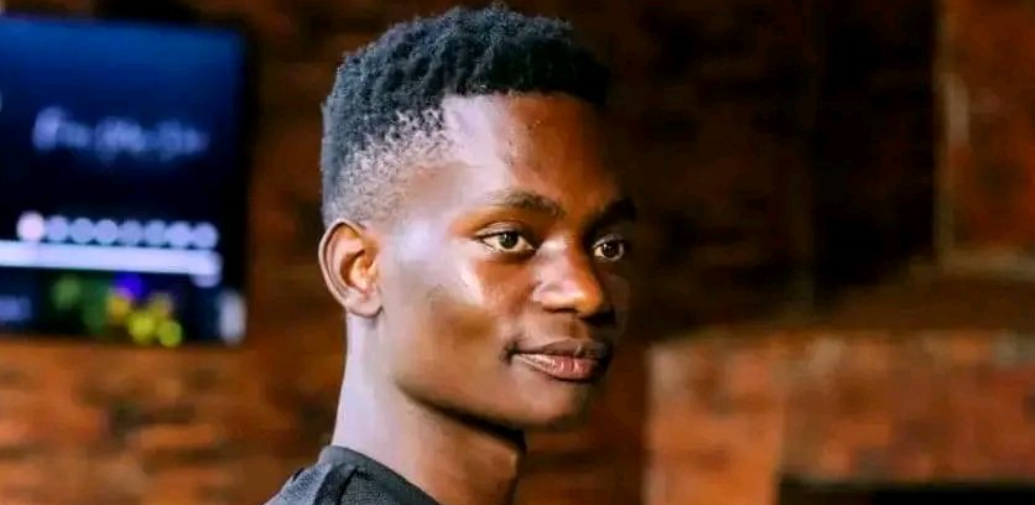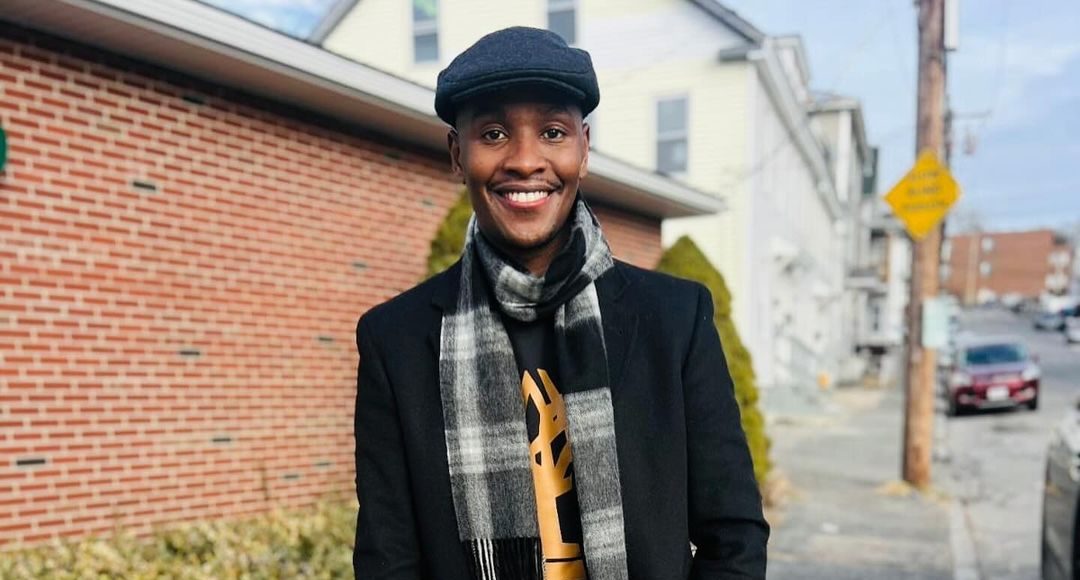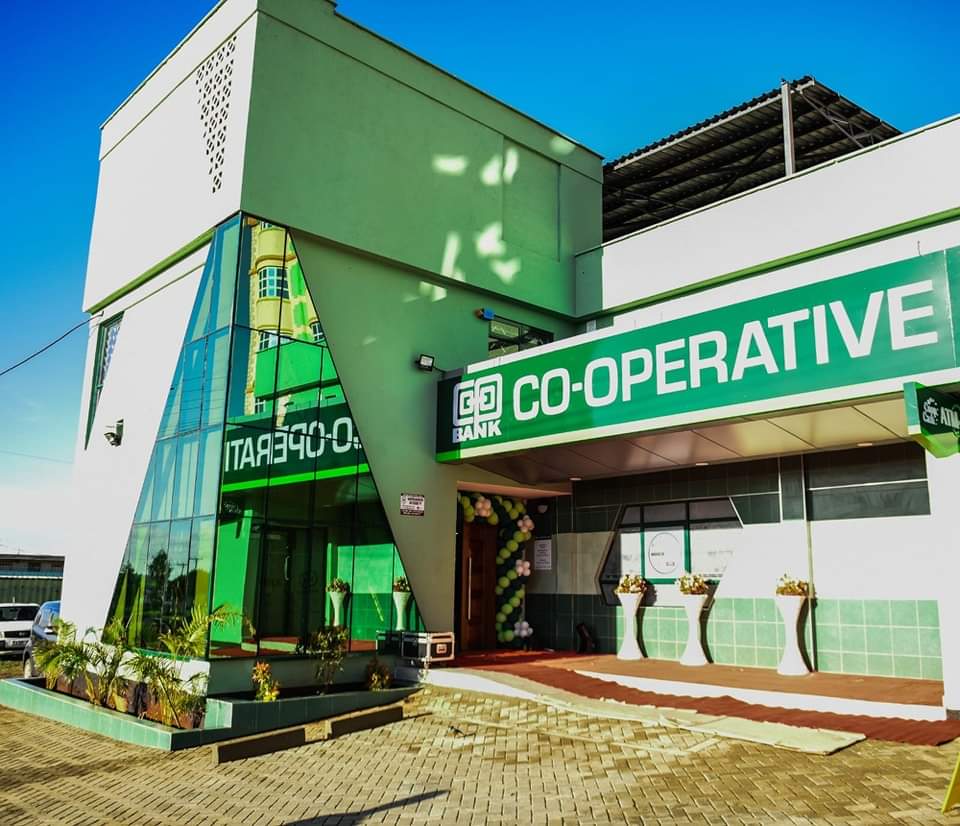The Perils of Prolonged Protest
Protests are a cornerstone of democratic societies, a powerful tool for citizens to voice their grievances and demand change. Yet, the efficacy of these demonstrations can be significantly diminished when they extend beyond a critical juncture. While the initial surge of energy and unity is essential, prolonged protests can have unintended consequences that undermine their original goals.
Firstly, prolonged protests can lead to a decline in public support. Initially, the public may be sympathetic to the cause, but as disruptions to daily life persist, patience can erode. The initial wave of solidarity can turn into frustration and resentment, potentially damaging the movement’s reputation.
Secondly, the focus of the protest can become diluted. As time passes, the initial, clear demands may become obscured by a myriad of issues. This lack of focus can make it difficult for both protesters and policymakers to find common ground and reach a resolution.
Furthermore, prolonged protests can create a climate of instability and uncertainty. Businesses may hesitate to invest, tourism may decline, and the overall economic health of a region can suffer. This economic downturn can disproportionately affect those who are most vulnerable, exacerbating the very issues the protest was intended to address.
It is essential to recognize that protests are a means to an end, not an end in themselves. While they can be a catalyst for change, they must be accompanied by other forms of activism, such as lobbying, advocacy, and electoral engagement. A well-rounded approach that combines different tactics is more likely to yield lasting results.
In conclusion, while protests are a vital tool for democratic societies, their effectiveness is maximized when they are focused, time-bound, and complemented by other forms of activism. By understanding the potential drawbacks of prolonged protests, we can ensure that these demonstrations are used strategically to bring about positive change.

